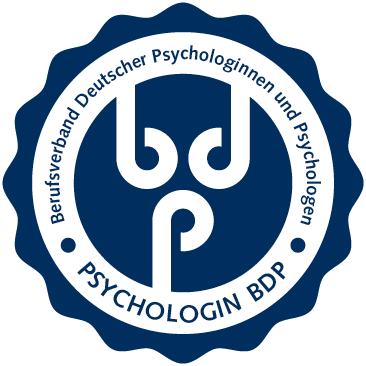Transformative Mediation
"See what is.
Say what's inside me.
Seek what is possible.
See what supports or heals"
Dr. Dr. Gattus Hösl
The conflict - a feat of strength.
Do you know that too? Circling, never-ending thoughts, heart palpitations, anger, fear, annoyance, silence, hysteria, resignation and even numbness. Conflict can cause everything in us and bring everything out of us. What we experience in a conflict situation is usually extreme. Extreme in the feelings, in the stress, in the absorption, in the accusations, in the hurt and disappointments.
We find conflicts particularly bad because we live in so-called "inevitable relationships", such as in marriage, partnership and family, in professional life or in the neighborhood. These relationships are inescapable because we depend on them when living together and a supposed solution to the conflicts would always require an extreme action: separation, divorce, breaking off contact, termination or moving.
The cause of conflicts lies not only in different goals and interests, but above all in the mutual denial or neglect of fundamental needs in human coexistence and thus our feelings.
These needs include:
- Security
- interpersonal relationships
- be acknowledged
- be praised
- Narrowing
- be perceived
- be seen in who we are and what we do
- love and be loved
- Autonomy.
If these needs are not met, we feel bad because we are in a real situation of lack and our "entire being" is affected. This is where transformative mediation comes in.
What mediation can do
Mediation opens up spaces and opportunities for communication and rapprochement to succeed for the benefit of both parties. Transformative mediation focuses not only on interests, but also on the underlying needs, thus offering the opportunity for mutual acceptance and allowing the other party to view and perceive things in their own way.
The aim of transformation mediation is to strengthen each individual participant by finding their own clarity, being heard and accepting the other side's point of view and situation. This is the basis for a sustainable conflict resolution.
Mediation is a conflict resolution process that protects relationships and has many other advantages:
- Mediation can be used immediately and requires no further preparation
- Mediation is successful in 4 out of 5 cases
- Mediation is faster and cheaper than legal proceedings
- Mediation is confidential and unbureaucratic
- Mediators are subject to confidentiality
- The participants develop their own solutions; they are not given. This makes them more stable for the future
- Mediation is possible online (up to 4 people) or on site.
6 phases of transformation mediation
01
Get to know
We will conduct a non-binding information meeting in which we will discuss the exact procedure and clarify your questions.
02
Collection of topics
Any topics you would like to discuss will be recorded. No consensus is required here, everything is on the table.
03
Needs
We discuss in detail the needs, concerns and wishes behind the topics.
04
Solution options
In a brainstorming process, we collect all possible solutions and ideas for resolving conflicts. No consensus is required here, anything is allowed.
05
Finding solutions
Now the proposed solutions that are suitable for both parties are selected and, if necessary, checked for legal feasibility (externally).
06
Agreement
The solutions you develop will be recorded in writing in a mediation agreement. If desired, a follow-up appointment can be arranged to check the feasibility.
A notice: Clicking on the calendar will take you to Acuity Scheduling. Acuity Scheduling's privacy policy applies.
Imprint |
Data protection
Photos: © Rainer Spitzenberger Photography | Texts: © Lisa Camen
Last update: 04/2024




